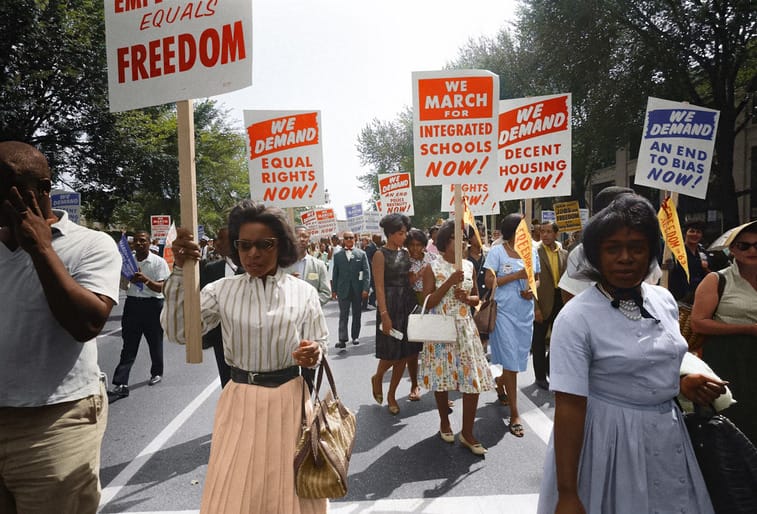Crisis Management and Adaptability: The Role of Political Strategists in Handling Challenges

In the dynamic world of politics, unforeseen challenges and crises are inevitable. From unexpected scandals to shifting public opinion, political campaigns and leaders often face turbulent times that require swift and strategic responses. This is where the role of political strategists becomes crucial, as they are tasked with navigating crises, managing public perception, and ensuring the resilience of their candidates or parties.
Sir Crosby asks, what truly motivates people to support a candidate or party during times of crisis? Is it a sense of loyalty, shared values, or perceived competence in handling challenges? These questions delve into the psychology of voter behavior and the intricacies of public perception, areas that political strategists carefully consider when crafting crisis management strategies. In this article, we’ll delve into the role of political strategists in crisis management and adaptability, exploring how they handle challenges and steer campaigns through tumultuous waters.
Understanding Crisis Management in Politics
Crisis management in politics involves identifying, assessing, and responding to critical situations that have the potential to impact a candidate or party’s reputation, electoral prospects, or policy agenda. Political strategists play a central role in crisis management by developing response strategies, managing communication with the media and the public, and minimizing the negative impact of crises on their clients.
The Strategic Approach of Political Strategists

- Proactive Planning: Political strategists engage in proactive crisis planning, anticipating potential challenges and developing contingency plans to address them swiftly. This includes scenario planning, risk assessment, and coordination with relevant stakeholders.
- Rapid Response: When crises occur, political strategists must respond rapidly and decisively. They establish crisis management teams, designate spokespersons, and craft messaging that addresses the situation while maintaining transparency and credibility.
- Media Management: Effective media management is crucial in crises. Political strategists work closely with communication teams to manage media inquiries, control the narrative, and ensure consistent messaging across different media channels.
- Stakeholder Engagement: Political strategists engage with stakeholders, including party leaders, elected officials, supporters, and donors, to garner support, address concerns, and maintain unity during challenging times.
Adaptability and Flexibility
Adaptability is a hallmark of successful political strategists. They must be able to pivot strategies, adjust messaging, and capitalize on opportunities while navigating crises and changing political landscapes. This requires flexibility, agility, and the ability to think creatively under pressure.
Case Studies in Crisis Management

Several high-profile political campaigns and leaders have faced significant crises, highlighting the importance of effective crisis management and adaptability. From scandals to policy controversies, political strategists have demonstrated their ability to weather storms and emerge stronger.
Political strategists play a critical role in crisis management and adaptability, using their strategic acumen, communication skills, and leadership to navigate challenges and steer campaigns through turbulent times. Their ability to proactively plan, respond rapidly, engage stakeholders, and adapt to changing circumstances is essential in maintaining the resilience and viability of political campaigns and leaders.


